How to Make Natural Soaps: A Detailed Guide | Soap.Club
Posted on July 27 2022
Is Making Natural Soaps Worth The Effort?
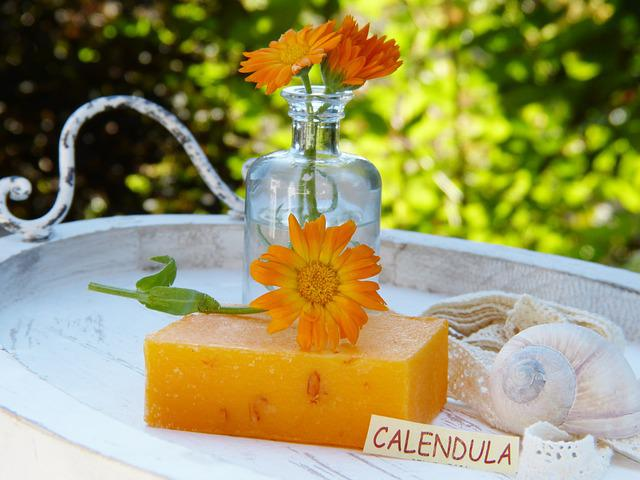
Making soap is a centuries-old art that has been making a resurgence in recent years. There are many reasons for this: people are looking for ways to live more naturally, they want to know where their products come from, and they appreciate the handcrafted nature of artisanal soaps.
In this blog post, we will teach you how to make cold-pressed soap using all-natural ingredients. Without having to search for it, we'll go over the basics of soapmaking, including what supplies you need and how to make your own soap base without support.
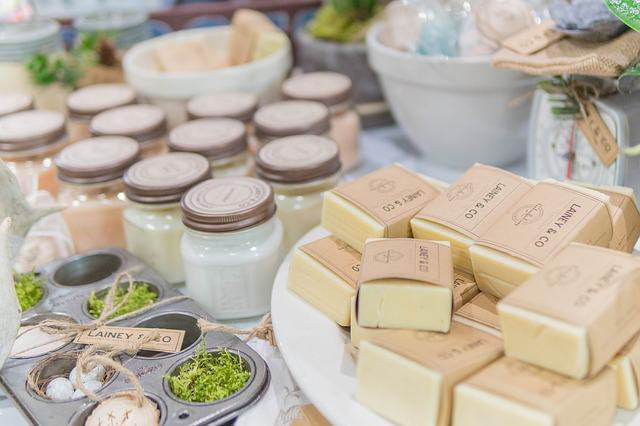
Table of Contents
Why Has Handmade Soap Become So Popular?
The popularity of handmade soap bars has grown in recent years as people have become more aware of the harmful chemicals in mass-produced soaps and have been looking for organic alternatives.
Natural soap bars are also biodegradable and eco-friendly.
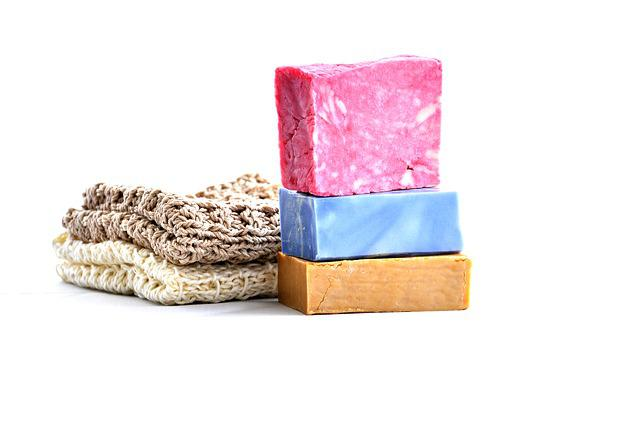
Why Cold Process Soap?
The soap manufacturing technique dates back as far as ancient Babylon when archaeological excavations revealed soaps inside clay jars dating as far back as about 3200 BC.
This soap making technique evolved into using another ingredient called sodium hydroxide or commonly named Lye.
The organic ingredients used in soap making are good for your skin, and cold-pressing soap preserves these beneficial properties. These bars also have a longer shelf life than other types of soap, so you can enjoy your soaps for longer!
What You Need to Make Cold-Pressed Bars
You will need:
-Mold (you can use a cake pan, silicone mold, or soap mold)
-Grater
-Double boiler
-Wooden spoon
-Natural olive oil, coconut, castor, etc.
-Shea butter (optional)
-Lye (sodium hydroxide)
-Water
-Essential oils (optional - lavender is a favorite)
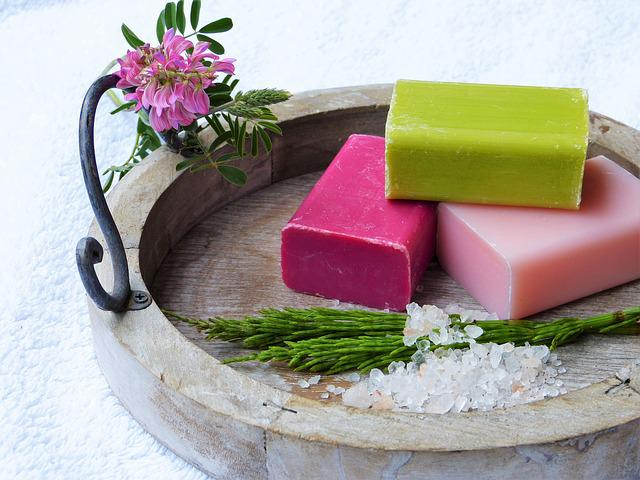
How to Make Cold-Pressed Soap
The recipe for making cold-pressed bars involves the following steps to navigate your attempt:
What Do Essential Oils Have To Do With Making Soap?
Essential oils have a variety of benefits. They can be used for their medicinal properties, to add scent, and as natural colorants for soap. When adding it to soap, it is important to use a carrier so that they are properly diluted.
Each essential oil has its own unique benefits that can be beneficial for your skin.
When adding oil to soap, start with a small amount and increase as desired. Too much can cause irritation.
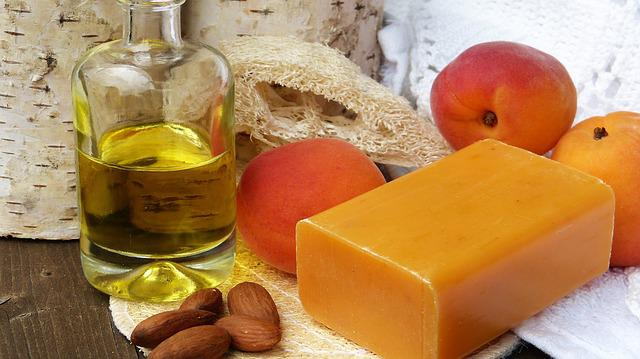
Frequently Asked Questions
What Are Some Tips for Making Your Own Bars?
What Is Considered Natural Soap?
Bars are made with natural ingredients and do not contain any synthetic fragrances, colors, or other harsh chemicals.
Is Handcrafted Soap Better for Skin?
Yes, it is generally better for your skin than commercial soaps because they do not contain any synthetic ingredients that can be harsh or irritating.
Does A Chemical Reaction Take Place When During Soap Making?
Yes, a reaction takes place when the base and lye are combined. This is what causes the soap to harden and become solid.
Is Cold Pressed Soap Better?
Yes, because it preserves the natural properties of the ingredients and has a longer shelf life. It is also less likely to cause irritation because it does not contain any synthetic fragrances or colors.
How Long Does a Cold Pressed Soap Bar Last?
Depending on the weight and size it can last up to two years if stored properly. Commercial soaps typically last for six months to a year.
Conclusion
Making natural soap is a fun, creative, and rewarding experience. You can:
Thanks for reading!
You can learn a lot more about handmade soap making and get soap recipes on our blog here or just click the links of some of the posts below.
How To Use Essential Oil for Soap Making
15 Amazing Benefits of Shea Butter Soap
Best Organic Soap Base Our Complete Guide To Using Melt-And-Pour Soaps
Benefits of Cold Process Soap Making
Molding Soap: The Best (And Inexpensive) Soap Molds
Monthly Natural Soap Memberships: Best Soap Subscription of 2022
Natural Acne Remedies: 11 Effective Home Treatments: Part One

Follow Us